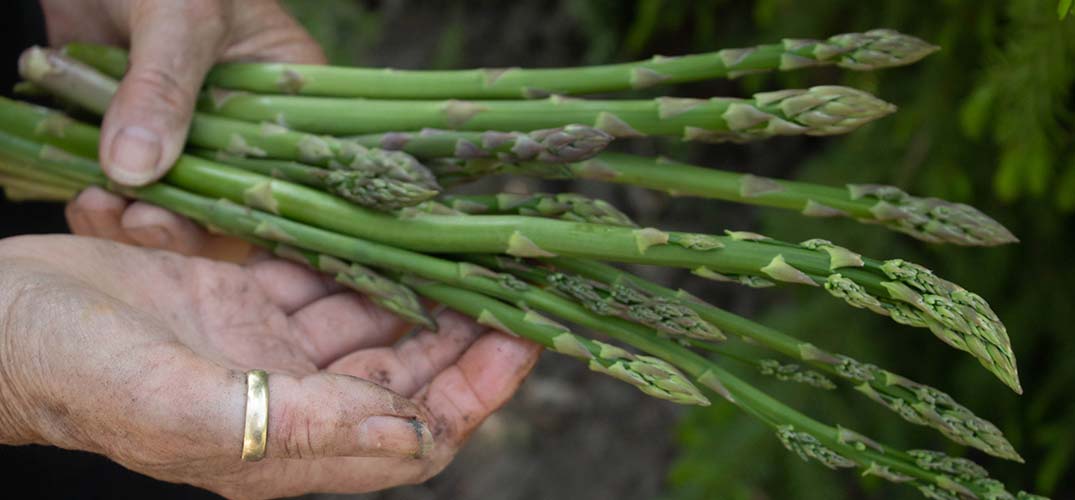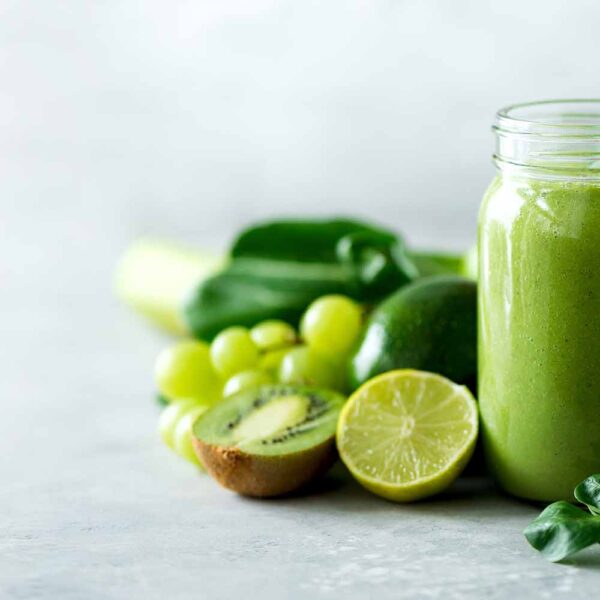Did you know that asparagus is one of the most amazing nutritionally well-balanced vegetables and low in calories.
It is known to be high in anti-inflammatory nutrients, may boost energy, cleanse the urinary tract and neutralize excess ammonia.
Asparagus is a good source of:
- Vitamins C – important for proper functioning of the immune system
- Vitamin A – needed for eye health, vision, immune function, cell growth
- Vitamin K –important for blood clotting, bone health and possibly heart health
- Vitamin E – antioxidants that protect your cells from oxidative stress.
- Fibre – essential for your digestive health and promotes heart health
Asparagus is also high in:
- Folate (vitamin B9) which may reduce the risk of depression and a nutrient important for a healthy pregnancy
- Antioxidants which may contribute to cardiovascular health because antioxidants may combat free radicals.
- Potassium – an effective way to lower blood pressure and reduce the risk of cardiovascular disease
- The flavonoid quercetin which is also an “ionophore” – something used to transport zinc intracellularly to assist immune system function.
It is a free radical fighter, may reduce inflammation and may prevent infections due to its antibacterial properties.
It may also help to fight viruses and may reduce the risk of heart disease and strokes due to the flavonoids present.
Cell health, blood vessel health and blood flow through arteries may be improved by Quercetin.
Asparagus can be eaten raw or cooked. Just bear in mind that cooking time will have an effect on the health benefits.
A STEAMED ASPARAGUS RECIPE
- One bunch of asparagus spears
- Olive oil
- Salt
- Lemon juice
Next steps:
Place water in the bottom half of a steamer pan or basket and bring to a boil first. Trim any dry ends off of the asparagus and place in the top half of the steamer.
Steam for approximately 3- 5 minutes depending on the thickness of the asparagus, or until asparagus is tender and still has a little crunch. You can drizzle with the olive oil, lemon juice and season with salt to taste.
As a rule of thumb, the longer the asparagus is cooked for, the more nutrients are lost though cooking.
If you don’t eat asparagus but are looking for a good source of quercetin, vitamins or minerals you will find them available online here www.sallyanncreed.co.za/shop








